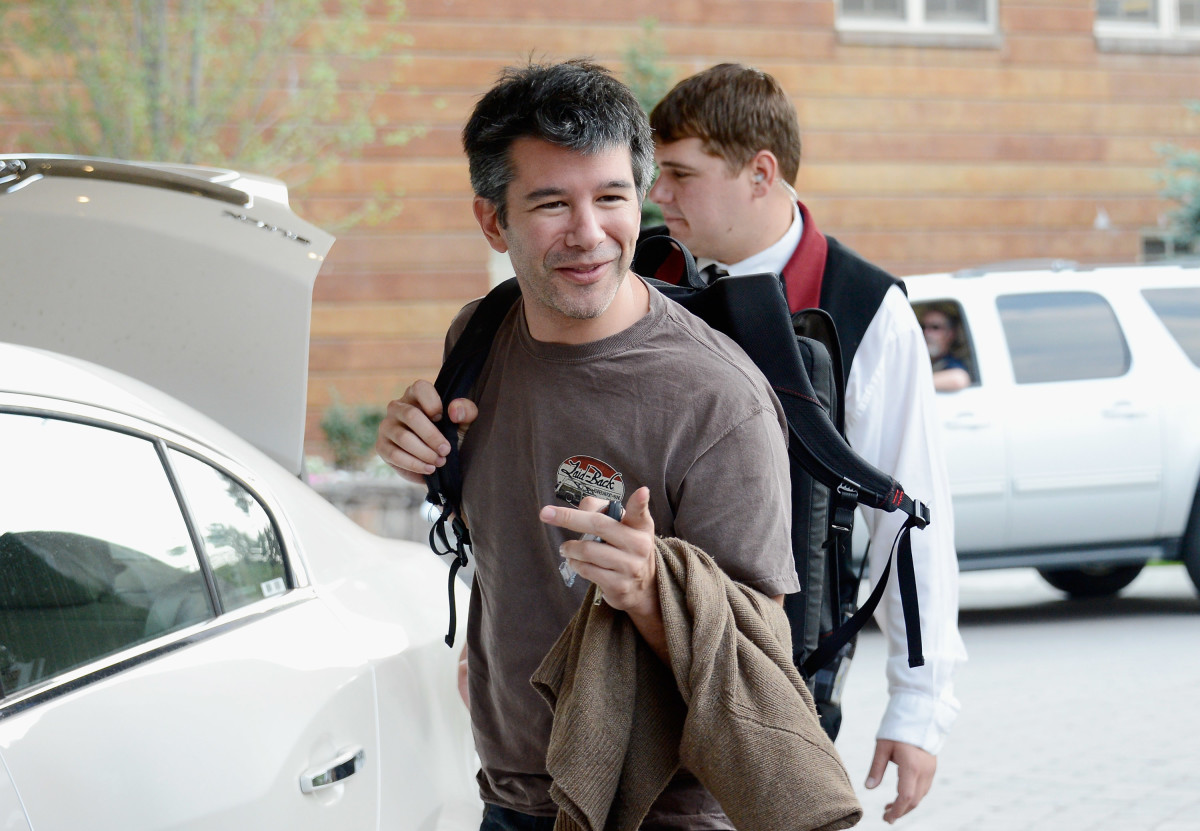Several weeks ago, I wrote an article about how paralegals deserve more respect within the legal industry. The piece received a lot of positive feedback from paralegals across the country, and I also received some emails from legal secretaries about their own roles within the legal profession. Of course, legal secretaries have been impacted by technological changes within the legal industry, and this website has recounted numerous times how legal secretaries and other administrative staff are laid off in high numbers whenever a law firm faces financial issues. However, legal secretaries deserve more respect within the legal profession because they are often a vital part of any law firm.
The main reason why legal secretaries are so important to law firms is because they can help attorneys generate more revenue. Indeed, from my own experiences, reducing the number of legal secretaries at a firm can sometimes be “penny wise and dollar foolish.” As many attorneys understand from firsthand experience, legal secretaries can often free up time so that lawyers can bill additional hours on legal work. If a legal secretary can empower a lawyer to bill an extra hour of work, this may pay for more than a day of a secretary’s salary, and legal secretaries can ensure that a firm is as efficient and productive as possible.
In my own career, firms at which I worked that had more secretarial support were often far more efficient and productive than firms that had fewer legal secretaries. For instance, I once worked at a firm that had a small number of legal secretaries who rarely performed work for associates. At that firm, the other associates and I spent much of our time on the road taking depositions and appearing in court in our area and across the country. Several times a month, I had to submit all my travel receipts for reimbursement, and since I was often appearing for multiple clients (and our firm system for some reason could not automatically split expenses between multiple clients) I had to do extensive calculations and make many entries to submit expense reimbursement requests.
I spent hours each month submitting expense reimbursement requests, and all the other associates at the firm also spent a substantial amount of time on this chore. My morale, and I suspect the morale of other people at our firm, took a hit whenever we had a large amount of expense reimbursement requests to process, since it was a painful and laborious chore to submit those requests. Our firm could have freed up our time to spend on billable matters and improved our morale by hiring additional administrative professionals who could more efficiently handle this task. Indeed, I worked at firms at which legal secretaries handled expense reimbursements, and this freed up time for my colleagues and me to be more productive at our legal tasks.
There are so many other situations beyond expense reimbursements in which I could have benefited from a legal secretary even though my firm at the time did not provide much secretarial support to associates. One time, I was tasked with scanning and uploading deposition transcripts into a firm document management system for five days straight because that firm did not provide secretarial support to associates, and I was told to get this project done. The firm likely lost thousands of dollars of billing as a result of this inefficiency, and a legal secretary could have helped me with this purely administrative project. While working as an associate at a firm without many secretaries, every time I drafted a letter, printed it out on stationery, scanned it, and emailed and mailed it to an adversary, a secretary could have helped me so I would be able to move onto other billable tasks. The amount of revenue a firm could generate with secretaries is often more than without secretaries, and additional firms need to consider this dynamic more when they evaluate their administrative needs.
Furthermore, secretaries can add to the culture and institutional knowledge of a firm in important ways. I recently received an email from the first legal secretary who helped me out when I was a “baby lawyer” at a “street law” firm years ago. This legal secretary taught me more about the actual practice of law than my law professors, since she knew how to file documents, where court appearances took place, and other particularities of practicing law in our jurisdiction. In addition, the legal secretary knew exactly which exhibits I should bring to depositions, when I had to actually appear in court for appearances, and taught me our firm’s administrative procedures. Moreover, that legal secretary had been at the firm for decades, and she had endless stories of the partners as young lawyers and kept tabs on where alums of the firm had gone with their careers. This secretary was an institution, and the firm was much better off with her presence.
Furthermore, in my experience (and granted, this could vary at different shops), legal secretaries and other administrative staff are far more likely to handle the small things that boost morale at a firm. For instance, legal secretaries and administrative staff often handled the lottery pools at many firms where I worked, and this was often a huge deal at those shops. Moreover, legal secretaries were often far more likely to celebrate birthdays, bar passage, and other occasions that made it more fun to be at work.
All told, it is disheartening to see that the roles of legal secretaries are vanishing at many law firms across the country. Of course, law firm managers understand best how to adjust their overhead to increase their bottom line, and some smaller firms may not need secretarial support. However, law firm leaders should evaluate how much more productive and efficient attorneys can be with legal secretaries, since administrative staff can help attorneys bill more hours and generate additional revenue. In addition, legal secretaries are often institutions at their firms, and many shops benefit from the knowledge and experience of legal secretaries.
 Jordan Rothman is a partner of The Rothman Law Firm, a full-service New York and New Jersey law firm. He is also the founder of Student Debt Diaries, a website discussing how he paid off his student loans. You can reach Jordan through email at jordan@rothmanlawyer.com.
Jordan Rothman is a partner of The Rothman Law Firm, a full-service New York and New Jersey law firm. He is also the founder of Student Debt Diaries, a website discussing how he paid off his student loans. You can reach Jordan through email at jordan@rothmanlawyer.com.













 Kathryn Rubino is a Senior Editor at Above the Law, and host of
Kathryn Rubino is a Senior Editor at Above the Law, and host of 


